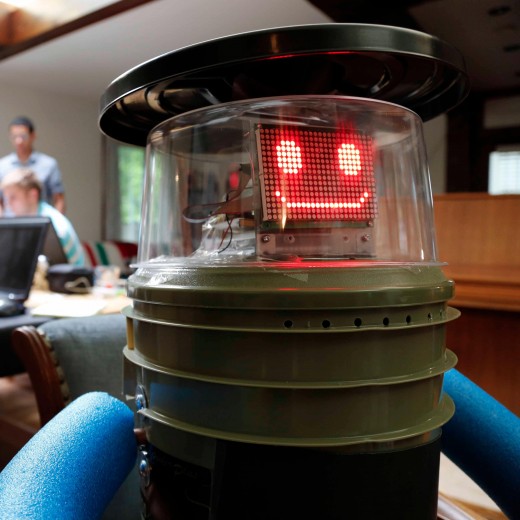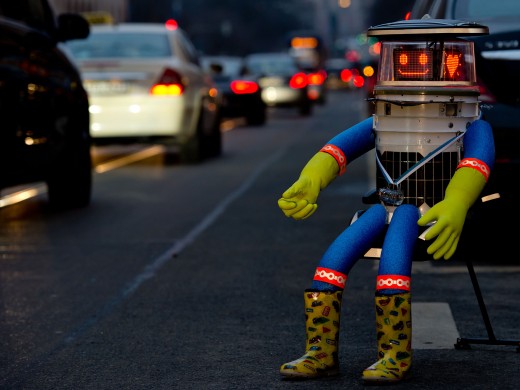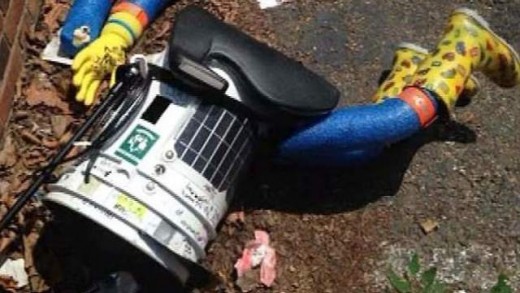#robotlivesmatter: What We Learned From Hitchbot
There was a death in Philadelphia a few years back. It was a brutal beatdown that resulted in dismemberment and decapitation. It was the untimely end for a friendly and gentle wanderer that merely wanted to see our nation and experience some humanity. It was the death of hitchBOT.

A Friendly Guy That Just Wanted to See the World
HitchBot was a leprechaun-sized robot that was part of a social experiment by two Canadians. The robot’s goal was to travel, relying solely on the kindness of others to show it the country and reach its destination through a series of rides, or “hitches.” It was programmed for simple conversation, joke telling, factoid reciting and to take an occasional snapshot to document its journey. HitchBOT successfully traversed Canada and Germany (with a side trip to The Netherlands) in 2014 delighting fans and its ride-giving benefactors with its antics and adventures. Then, it decided it wanted to see the United States.

Welcome to America
In July of 2015 it set off from Boston, hoping to make it to the west coast. It even sported a “San Francisco or bust” slogan written on duct tape. Americans treated hitchBOT well; at first. He was even taken to a Red Sox baseball game, and if you have ever tried to get Red Sox tickets you know how much the diminutive digital dude meant to some people. Then, it went horribly wrong.
After a few days of exploring the land via its thumb, hitchBOT met a gruesome fate. In the wee hours of the morning, while waiting for its next ride in Philadelphia, it met a person or persons that didn’t take kindly to robots in the City of Brotherly Love. Perhaps they took the “bust” portion of its slogan too literally. Perhaps hitchBOT trusted too much. We may never know what incited the vandals into action, but they pulverized the docile dummy with a CPU brain. HitchBOT was dead.

What Did HitchBot Teach Us?
Why he died is irrelevant. What matters is that he died on Main Street USA. After months of hitching in in the Great White North and Europe, hitchBOT didn’t last more than a few weeks under the care and generosity of Americans. We shouldn’t be asking ourselves how or why he died, but what its death says about us. Keep in mind this was a social experiment. One that gaged the interaction between humans and machines. One of human compassion and kindness.; and we failed miserably.
Many Canadians and Europeans hold a less than favorable view of Americans as it is. Stereotypically, we are gun-loving, culture-lacking neanderthals prone to violence. After winning thousands of adoring fans in Canada and Germany, hitchBOT groupies were closely following the traveling tyke as it logged its American experience; and we proved the stereotype to be mostly true. If we cannot let a harmless robot, with a slew of personal references to its friendliness, enjoy a peaceful sojourn across our country without smashing its circuitry, is it any wonder that we are beating and killing each other?
When hitchBOT died ,so did a good portion of the luster of our land. We are now seen as violent and brutish as ever by many. While hitchBOT’s creators can pick up the pieces and make it right again, we, and our reputation as a welcoming society, are not so fortunate. When hitchBOT died so did a piece of us. Robot lives matter.





